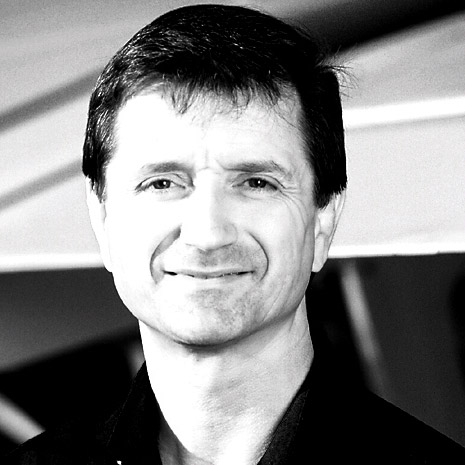In the summer of 1969, NASA made the crew of Apollo 11 one of the best space-flight deals of the last century. According to Craig Nelson, in his wonderful book, Rocket Men, NASA Administrator Thomas Paine told the Apollo 11 crew that if they got into trouble on their lunar landing mission, they shouldn’t hesitate to abort.
“If you have to abort,” said Paine, “I promise that this crew will be slipped ahead in the mission sequence. You’ll get another chance.” Clearly, Mr. Paine wanted to prevent the first two men who might walk on the moon from being the first two men unable to walk away from it.
The good folks at NASA apparently suspected that two highly trained pilots, faced with a cascade of mechanical or systems failures, might be tempted to land when prudence dictated aborting the mission. Now, far be it from me to take anything away from two very brave men, but the brightest flyers among us—even those who fly nearer to the stars—can occasionally be influenced to behave in less than stellar ways.
The pachyderm in the penthouse here is the question, “What might cause rational pilots to surrender their good judgment in the presence of unreasonable risk?” There are many likely candidates, and one clear winner. Sometimes pilots take unreasonable risks because they feel more capable and competent than they actually are.
Modern psychology teaches us that most people think they’re better looking, more skilled, and more intelligent than they are. In fact, the more competent we are, the more likely we are to overrate our actual abilities.
Overrating our abilities helps us get what we want without serious harm—in a low-risk environment. When you see a small, frumpy, and stumpy fellow with a tall gorgeous woman, it’s likely that his unnaturally high self-appraisal worked for him, not against him, during courtship. He risked only a bruised ego (or a restraining order) if he flirted improperly. We’re assuming, of course, that the lady is not his court-assigned social worker, which renders this example totally moot.
In the higher-risk environment of an airplane cockpit, overrating our abilities may not give us what we want. Instead, it may give us what we most assuredly don’t want. I’m thinking of a local accident where a pilot bent his airplane after attempting a landing in gusty crosswinds. Did Drift Man overrate his crosswind landing skills? I suspect that he did, given that he made three landing attempts and his encore was a full twisting dismount, otherwise known as a ground loop.
An accurate assessment of our true capabilities requires that we be honest with ourselves. How might we do that? Well, one way is to become depressed.
Studies show that people with mild depression make more accurate assessments of their attributes and abilities. That’s because their depression makes them realists. It’s as if their ego surrenders the tools it uses to enhance, embellish, and inflate itself. The result is similar to a person inviting all his friends over to say what they really think about the depressed person. Now that’s feedback—the type of feedback that would both inform and depress anyone. Especially those who thought they really had friends.
Of course, I’m not actually advocating that you induce depression in yourself (perhaps by reading a major newspaper, which produces that effect in me). Instead, I’m advocating that you become a realist by doing two things.
First, seek feedback on your actual skill set. You can do this by putting yourself to the test under controlled conditions. Had Drift Man bothered to fly with an experienced instructor and try his hand at crosswind landings, he might have gotten a nice dose of realism without adding that hint of “accordion” to his empennage. Feedback on my flying is something I seek willingly and frequently. It’s how I know what I think I know. In return, I get a chance to live longer.
Second, pay close attention to how well you do when you fly. After all, every flight is a test of sorts (just ask Drift Man). Each sortie provides us with a lot of feedback, but only if we have our brain in receive mode. Thinking like a realist is the key to making the most of our personal experience. That means we must look at who we are, not who we want to be.
The great irony here is that pilots who feel less skilled are often the ones who evaluate their skills most accurately. That doesn’t mean that less skilled pilots can’t get into trouble, because they do. They are, after all, less skilled. But the less skilled are not as likely to take on excessive risk because they overestimate their flying abilities.
Now you know why NASA’s Paine played “Let’s Make a Deal” with the crew of Apollo 11. Those were some mighty skilled pilots in that lander, and Paine had every reason to believe that in the face of unreasonable risk they might overestimate their ability to handle a spaceship gone bad.
In that situation, Paine did what any reasonable man might do to ensure that the crew was on its best behavior. He promised them the moon—or at least the next moon mission.
Rod Machado has recently published the second edition of his Private Pilot Handbook. Visit the author’s blog.



